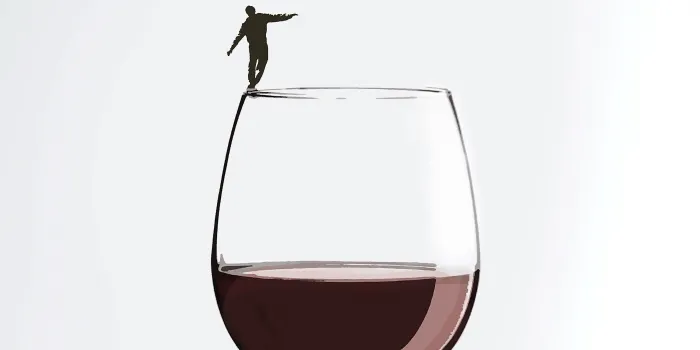Lance Rice started drinking heavily in his 20s and didn’t stop until last December, when he had a bad fall after a night at a bar. Rice, 29, has hemophilia A. That fall landed him in the hospital for six days with a bleed in his hand and on the left side of his face. “I decided to detox at the same time,” says Rice, who has been sober since. “That fall was the wake-up call, the proof that I’m not invincible.”
Relationship between alcohol and high blood pressure
Excessive drinking isn’t good for anyone, but it is especially dangerous for people with bleeding disorders, potentially leading to falls and brain bleeds. Alcohol use is also known to raise blood pressure, and high blood pressure is already associated with blood disorders. Liver damage is another major concern.
Alcohol and impaired judgment
Excessive drinking can interfere with adherence to your medication regimen. “Over time, your decisions can become questionable if you drink a lot,” says Jim Munn, RN, MS, program nurse coordinator at the University of Michigan Hemophilia and Coagulation Disorders Program in Ann Arbor.
Rice says that when he was drinking, he would sometimes skip his prophylactic infusions. “Drinking just took over my life,” he says. “Now that I’m sober and keeping on top of my medical care, doctors are finding bleeds that must have been there for a while.”
But the most immediate concern from excessive drinking is injuries caused by impaired judgment. According to the National Institute on Alcohol Abuse and Alcoholism, alcohol plays a role in about 60% of fatal burn injuries and drownings and 40% of fatal motor vehicle crashes, suicides and fatal falls.
Despite the consequences, however, drinking is an undeniable fact of life for many young people. As you consider whether to consume alcohol, keep these three points in mind.
There’s no pressure to drink.
Plenty of people enjoy socializing without drinking alcohol. If you don’t want to feel left out at a social gathering, have a “mocktail” or a nonalcoholic beer.
Plan ahead.
If you decide to imbibe, know your limits, make sure there is a designated driver if you are out in a group and always wear your medical alert ID.
Tell those around you.
If you are drinking with other people, it’s important to tell at least one person about your bleeding disorder, Munn says. He also points out that when kids go to college, they should tell their roommates and the resident adviser in their dorm about their condition and what to do in case of an emergency. “They need to know that if you sustain a head injury, it can cause an internal brain bleed—and that can have mortal consequences,” Munn says.
Signs of alcohol abuse
Denial is common among people who drink excessively. Here are some signs that your drinking has become problematic.
- You experience temporary blackouts or short-term memory loss.
- You drink alone or secretly.
- You need to drink to relax, deal with stress or feel normal.
- You are becoming isolated and distant from friends and family members.
- You choose drinking over other responsibilities and obligations.
- You crave alcohol when you are sober.

